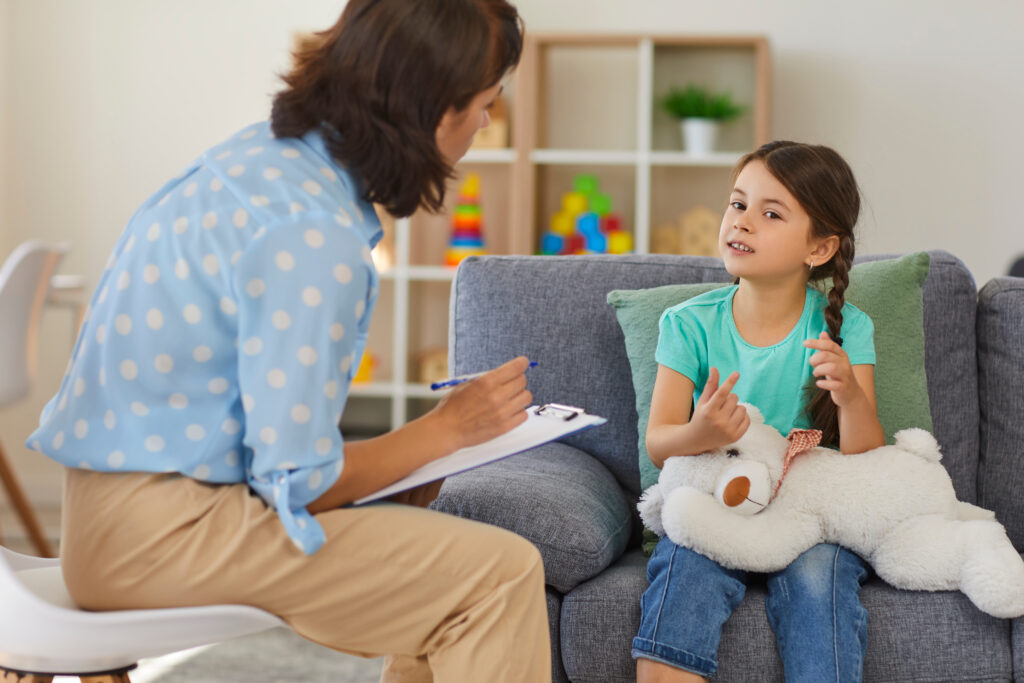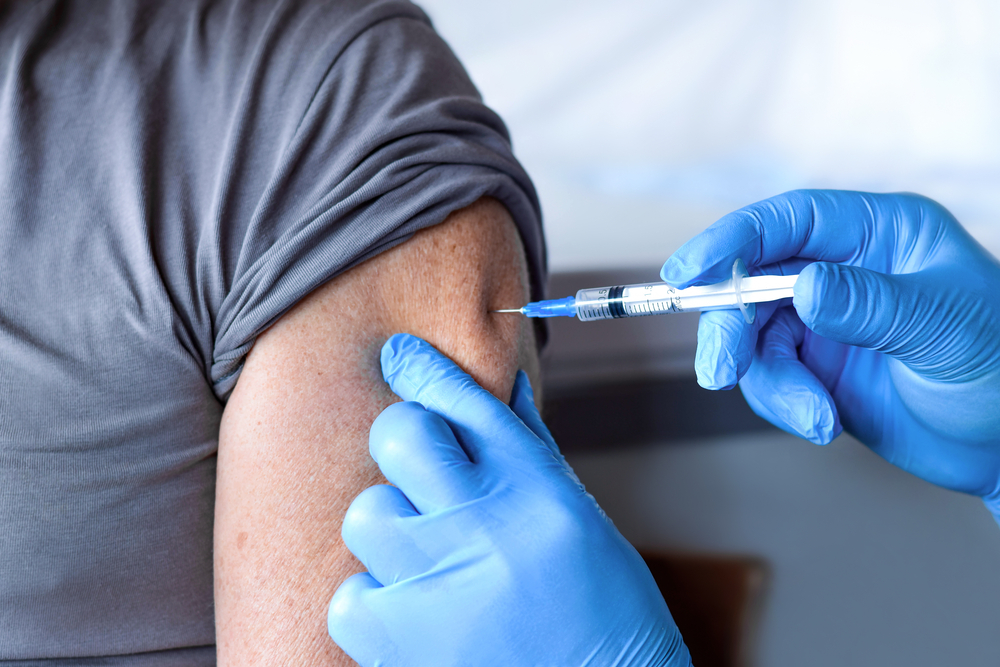Lindsay Neptune, a nurse practitioner and Director of School-Based Health Clinical Services at Open Door Family Medical Center in Port Chester and Ossining, remembers the nine-year-old who stayed home alone for a week while recovering from Covid.
“The parent, after being out of work for months during the height of the pandemic, had started a new job, a minimum wage job without a lot of support, and she had to make a decision about going to work or staying home to take care of her child and potentially losing her job,” said Neptune. “She ended up leaving the child at home.”
It’s this type of “unintentional” child neglect and abuse, a result of increased caregiver stress and isolation, that Neptune believes is behind the reported spike of cases in New York and other states since the start of the pandemic.
While Neptune says she doesn’t often see the more obvious signs of child abuse or neglect – for example, bruises, shabby clothing, poor personal hygiene – she does see some of its mental health manifestations, like anxiety and depression. There may also be signs of food insecurity.
“People are struggling with so many things and have more burdens and all of these other factors that didn’t exist before the pandemic,” she said. “These parents are in difficult situations because there are only so many things they can keep straight and it’s often the kids that suffer unintentionally.”
She strongly encourages parents like the parent of the nine-year-old not to keep silent, but to acknowledge their struggles. “They need to let us know and we will try to support them,” she said. “We could have reached out to her job to see if something could have been worked out for her to work shorter hours that week. There may have been a neighbor or family member who could have helped. There may be community resources available or someone through their church to help. It’s not safe to leave a sick nine-year-old alone. There are often too many things for parents to juggle and sometimes they can’t think through the problem-solving part of the puzzle.”
At a time when families are playing catch up in making up for the lost time and isolation they experienced during the pandemic, it’s the teachers, social workers and health care clinicians that see the students at school that can often spot issues before they become more serious.
Physical abuse and neglect happen, she said, when frustrations and stress run high. Social workers at the elementary, middle and high schools where Open Door’s school-based centers are located, work with struggling families to find solutions. When necessary, she and her staff may contact Child Protective Services (CPS) to access additional support for struggling parents and keep children safe. And while the goal is always to keep parents and their children together, if the situation is severe CPS may assist with placements for kids who are better removed from unsafe situations, even temporarily.
“Teachers often spend more time with kids than anyone and if they notice a change and tell us, ‘This is not the same kid as in September,’ that’s very concerning; we take that very seriously,” said Neptune. “When a teacher approaches us about a student, we will bring the student in and have a conversation with them and their parents.”
The amount of support families need is even greater when children display behavioral health issues, said Neptune. This increased dramatically during the pandemic, particularly among those families treated by Open Door who tend to have lower incomes and less technology literacy and access.
“Trying to teach a six-year-old how to read on a computer isn’t very easy and this can lead to acting out and other behavioral issues, particularly among younger kids,” said Neptune. “It can lead to a very toxic environment. Parents are very frustrated and exhausted and many have no support systems and may be struggling with money and work. On a regular day it was hard, but not this hard. And it’s not going away.”
Neptune believes that families will have to figure out their place in what she called “a new normal.”
“People say, ‘I don’t know what to do.’ We say, “Let’s figure it out together and connect you with a patient advocate and educational support and with resources you may need.
“It’s just so important for people to speak up, to acknowledge that life is hard and people have challenges. We want children to be taken care of in an environment where they feel loved and safe. Don’t suffer in silence. Reach out. There is support for everyone.”




